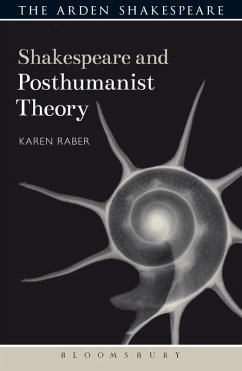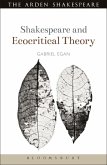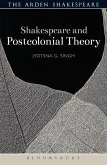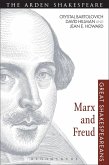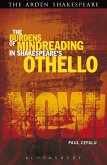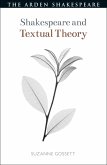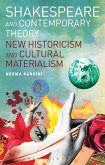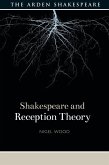Shakespeare and Posthumanist Theory charts challenges in the field of Shakespeare studies to the assumption that the category "human" is real, stable, or worthy of privileging in discussions of the playwright's work. Drawing on a variety of methodologies - cognitive theory, systems theory, animal studies, ecostudies, the new materialisms - the volume investigates the world of Shakespeare's plays and poems in order to represent more thoroughly its variety, its ethics of inclusion, and its resistance to human triumphalism and exceptionalism.
Karen Raber, a leading scholar in the field, clearly and cogently guides the reader through complex theoretical terrain, providing fresh, exciting readings of plays including Othello, The Tempest, Titus Andronicus, Troilus and Cressida and Henry IV Part 1.
Karen Raber, a leading scholar in the field, clearly and cogently guides the reader through complex theoretical terrain, providing fresh, exciting readings of plays including Othello, The Tempest, Titus Andronicus, Troilus and Cressida and Henry IV Part 1.

